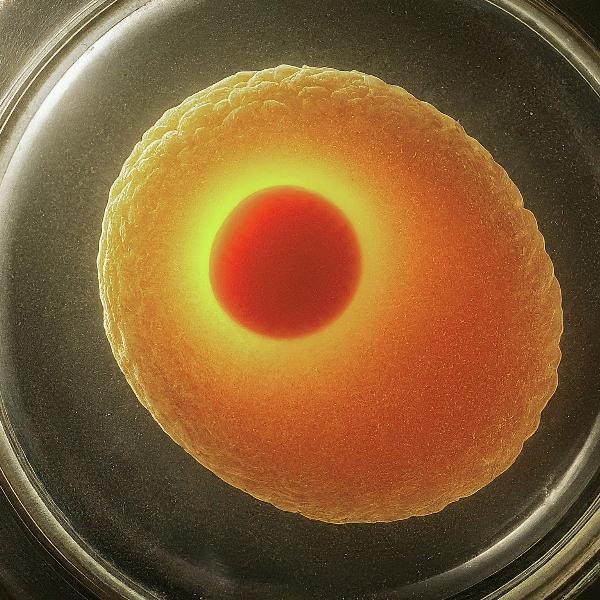 Bulk Content Creation – Scale Without Sacrificing Quality!
Bulk Content Creation – Scale Without Sacrificing Quality!
How Often Should a Semen Test Be Repeated if Results Are Abnormal?
Written by Australian Concept Infertility Medical Center » Updated on: June 17th, 2025

A semen test is a key diagnostic tool in evaluating male fertility. If initial results are abnormal, it is crucial to understand how often to repeat the test to effectively manage and treat fertility issues. This article provides a detailed guide on the frequency of semen testing after abnormal results and how it can help address conditions like azoospermia.
Importance of Repeating Semen Tests
A semen analysis provides insights into sperm health, including count, motility, and morphology. If the test results are abnormal, repeating the test can help determine whether the issues are persistent or temporary. This repeated testing is crucial for accurate diagnosis and treatment planning.
Factors Influencing the Frequency of Semen Testing
Initial Test Results: The specific abnormalities found in the initial semen analysis will determine the need for retesting. For instance, if the results indicate azoospermia, which is the absence of sperm, more frequent testing may be necessary to monitor any changes.
Underlying Causes: The frequency of retesting also depends on the underlying cause of the abnormal results. Conditions such as hormonal imbalances, infections, or lifestyle factors may require different approaches to testing and treatment.
Treatment and Follow-Up: If treatment has been initiated, semen tests should be repeated to assess the effectiveness of the intervention. For example, after treating an infection or adjusting lifestyle factors, a follow-up semen analysis can help evaluate improvements.
General Guidelines for Repeating Semen Tests
1. After an Initial Abnormal Test
Standard Approach: Typically, a semen analysis should be repeated after 2 to 3 months if the initial results are abnormal. This timeframe allows for the natural regeneration of sperm and a clearer assessment of changes over time.
2. For Persistent Abnormal Results
Monitoring: If the initial abnormal results are persistent, more frequent testing may be necessary. In such cases, a fertility specialist may recommend retesting every 2 to 3 months to track progress and adjust treatment plans as needed.
3. Post-Treatment Testing
Effectiveness Evaluation: After undergoing treatment for any identified issues, a follow-up semen analysis is usually conducted 2 to 3 months post-treatment. This helps determine if the treatment has improved sperm health and fertility.
Importance of a Comprehensive Approach
Regular and timely semen testing is essential for diagnosing and managing male infertility. It helps fertility clinics tailor treatments and monitor progress. For conditions like azoospermia, repeated testing is crucial for understanding whether sperm production has resumed or if further intervention is needed.
Role of Fertility Clinics
Fertility clinics play a vital role in managing abnormal semen test results. They use semen analysis to:
Diagnose: Identify the specific issues affecting sperm health.
Plan Treatment: Develop personalized treatment strategies based on test results.
Monitor Progress: Track changes over time and adjust treatments as necessary.
A Comprehensive Treatment Plan
A fertility clinic will likely incorporate various diagnostic tests, lifestyle assessments, and treatments to address abnormal semen results. Regular follow-ups and repeat testing are integral to this process. This approach ensures that any underlying issues are managed effectively and that the patient receives the best possible care.
Conclusion
Repeating a semen test after abnormal results is crucial for accurate diagnosis and effective treatment. Typically, a follow-up test should be conducted every 2 to 3 months to monitor changes and assess treatment effectiveness. Fertility clinics use these tests to provide comprehensive care and address issues like azoospermia. Timely and regular testing helps in developing a tailored treatment plan, increasing the chances of successful outcomes.
Note: IndiBlogHub features both user-submitted and editorial content. We do not verify third-party contributions. Read our Disclaimer and Privacy Policyfor details.
Copyright © 2019-2025 IndiBlogHub.com. All rights reserved. Hosted on DigitalOcean for fast, reliable performance.














